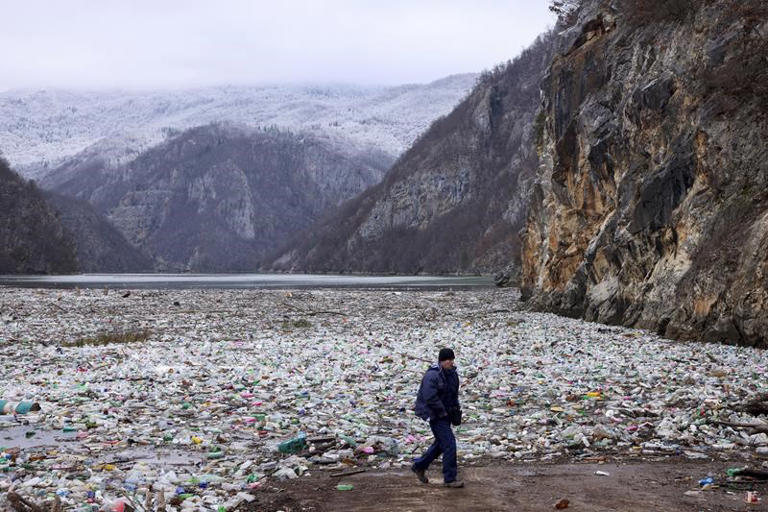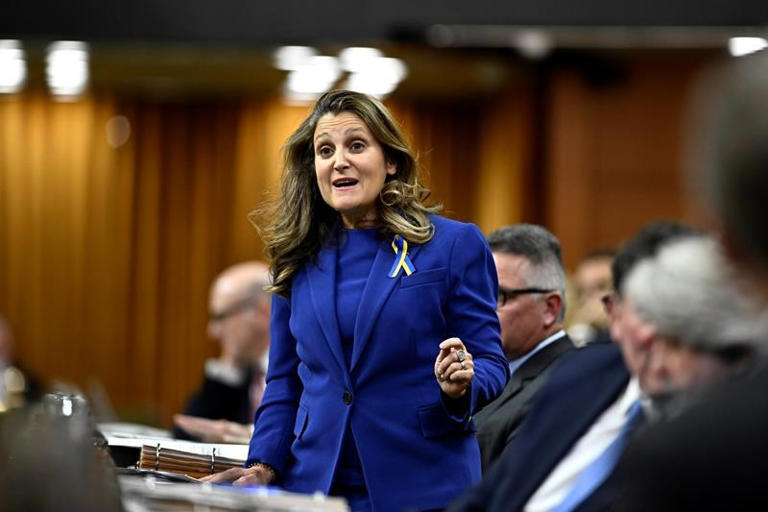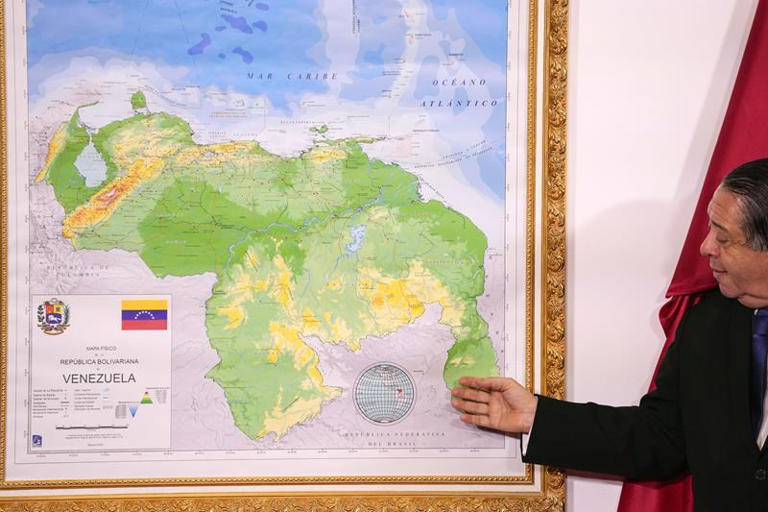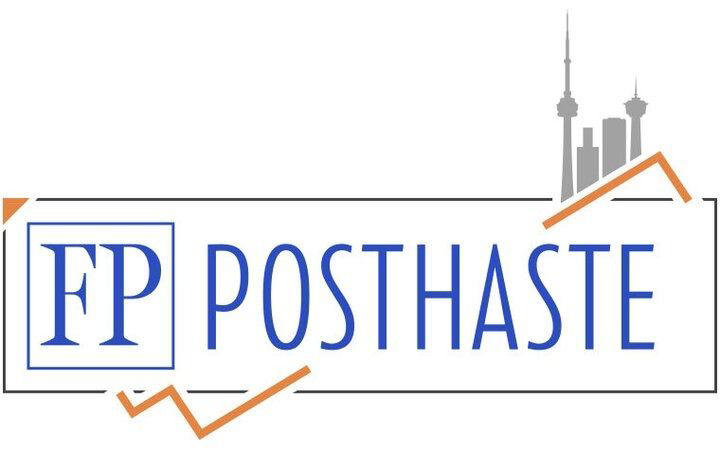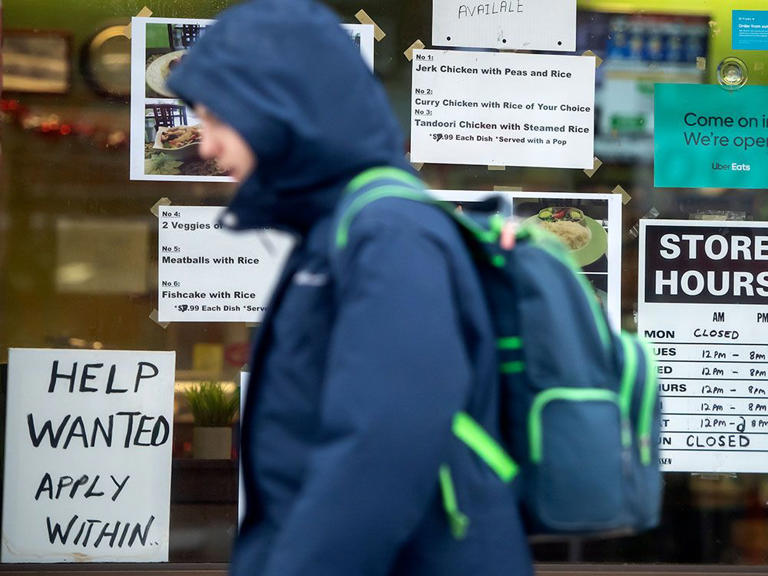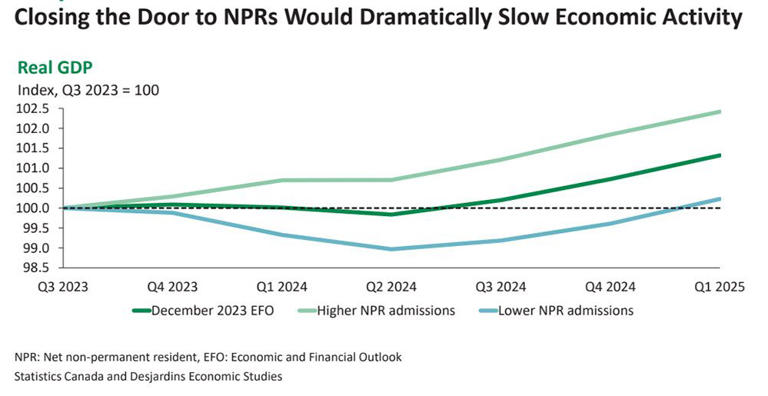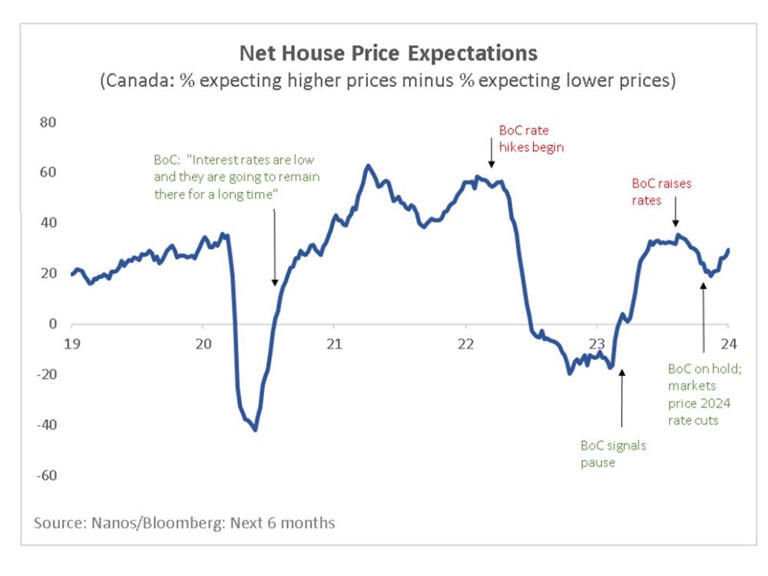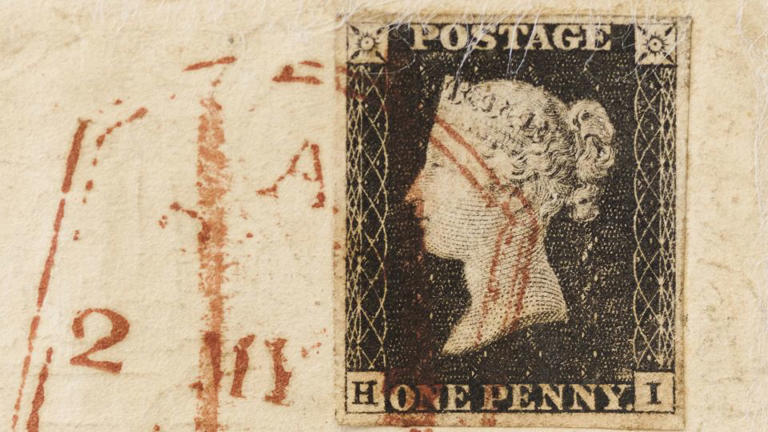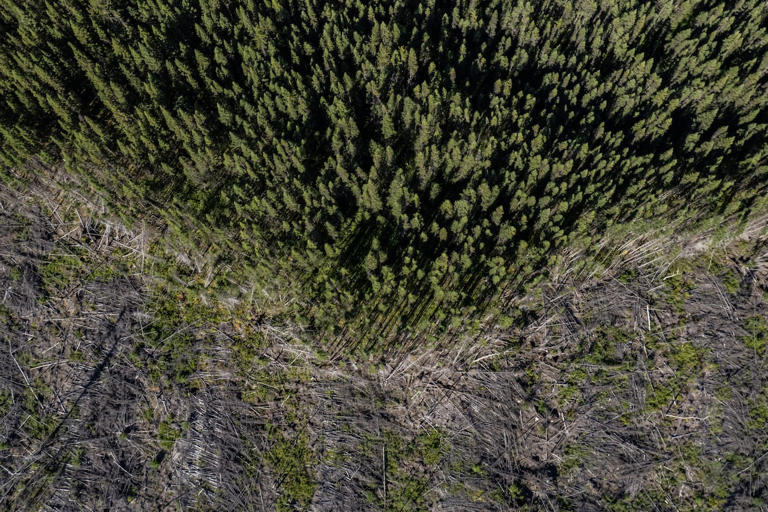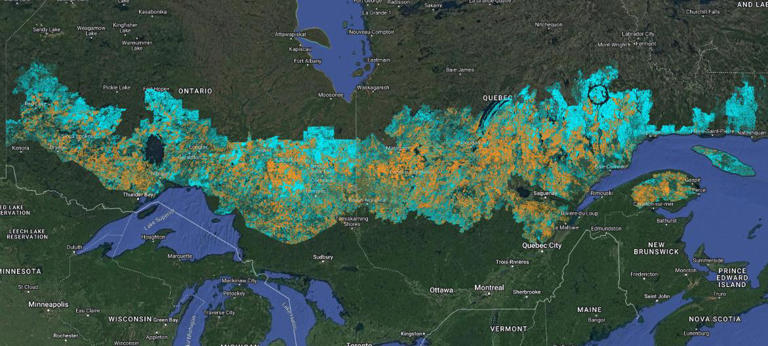UK
'The Post Office Horizon scandal needs making right but this is not the way'
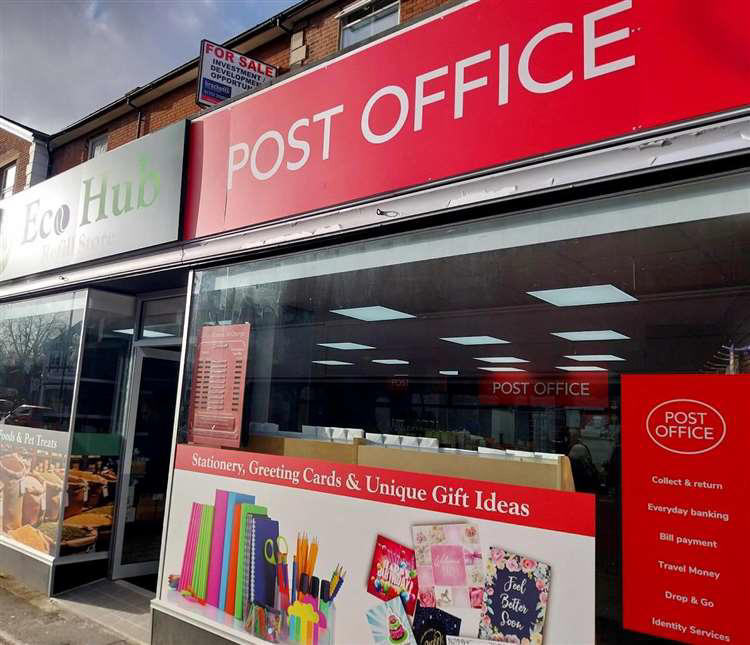
Is the government changing the rules for their own convenience?
The prime minister has said new legislation will be introduced so people wrongly convicted in the Post Office Horizon scandal are ‘swiftly exonerated and compensated’.
There’s no denying that readers want to see the victims of the Horizon scandal receive the justice they deserve. But, as one reader in today’s MetroTalk points out, doesn’t clearing their names via an act of parliament go against the separation of powers?
Meanwhile, if young people can be influenced in favour of the EU, were older voters influenced towards voting Brexit?
Read on to see what readers think about this issue, among others.
Is the government interfering with how justice is carried out?
The decision to use an act of parliament to clear the names and restore the reputations of the sub-postmasters and sub-postmistresses wrongly convicted in the Horizon scandal is not the way to go (Metro, Thu).
The executive and the judiciary are constitutionally separated for good reason – to ensure there is no political interference in how justice is carried out.
This must not change, especially not for the political convenience of people who previously showed no interest in such a major miscarriage of justice. George, via email
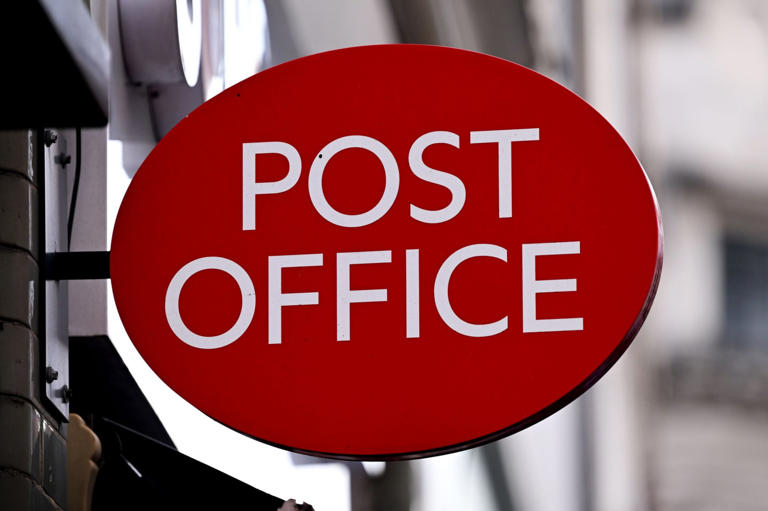
Maybe an independent vetting of cases might be in order (Credits: James Veysey/Shutterstock)© Provided by Metro
The monies paid by the sub-postmasters and sub-postmistresses as they tried to make up non-existent losses reported by the faulty Horizon software went somewhere – where? Who benefited? That money needs returning to the people involved when the compensation is paid.
The Post Office used private prosecutions to punish the innocent sub-postmasters and sub-postmistresses.
The chief advantage being that control of cases would be virtually 100 per cent in the Post Office’s favour, mainly because opposition to the PO and its almost bottomless budget would be beyond most defendants’ budget. And remember, some of them had already been bankrupted.
Private prosecutions also suited the company’s machinations very well. They could plea bargain, for instance and easily apply so-called ‘gagging orders’.
Those calling for the PO to be denied future private prosecutions don’t seem to realise they are not just a prerogative of big organisations. Anybody with a few quid can do it.
Famously, the parents of racist murder victim Stephen Lawrence launched a private prosecution against Gary Dobson, Luke Knight and Neil Acourt. The rules are different to those conducted by the Crown Prosecution Service, not least because the burden of proof is generally less.
What is actually required is for businesses to be given no more credibility than individuals.
Maybe an independent vetting of cases might be in order. But it has to be borne in mind that ‘weak’ cases can be perfectly right and proper and should get their day in court.
In this case, it seems the juries were unaware that there was an unprecedented increase in such prosecutions and took an attitude of thinking the PO could not be wrong or the Horizon system be faulty.
How to make sure everyone gets the justice they deserve
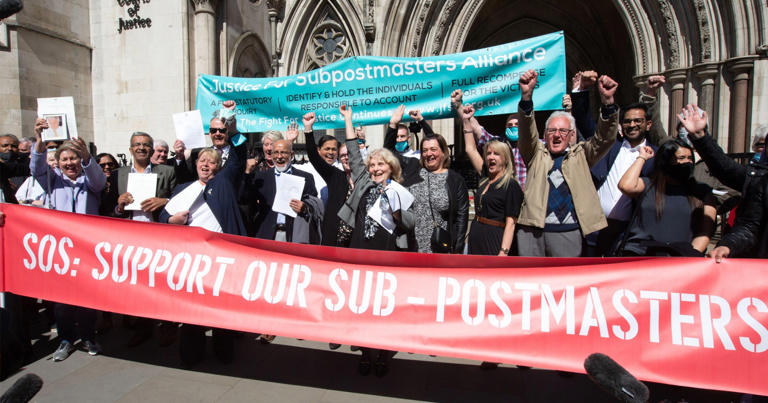
Former Post Office sub-postmasters outside the High Court (Picture: Peter MacDiarmid/Shutterstock)© Provided by Metro
Nearly all sub-postmasters and sub-postmistresses made good on all sorts of discrepancies with their own money.
The only way to get justice for everyone affected is for every Horizon transaction correction that has ever come through and been settled to cash or cheque between 1999 and 2015 to be paid back to the relevant sub-postmaster and sub-postmistress.
It seems impossible for the Post Office to prove what was a glitch and what was not while it used the faulty Horizon system.
Are we likely to find out how negligent Lib Dem Leader Ed Davey was in not pursuing the Post Office Scandal when he was postal minister?
I think several people could have made a big difference to the outcome had they bothered to stir things up. The evidence was there for the discovering. Molly Neville, Sheffield
I knew that the Post Office senior management culture was malign but even I didn’t imagine that they had in place a system to pay bonuses to the investigators for every internal conviction.
